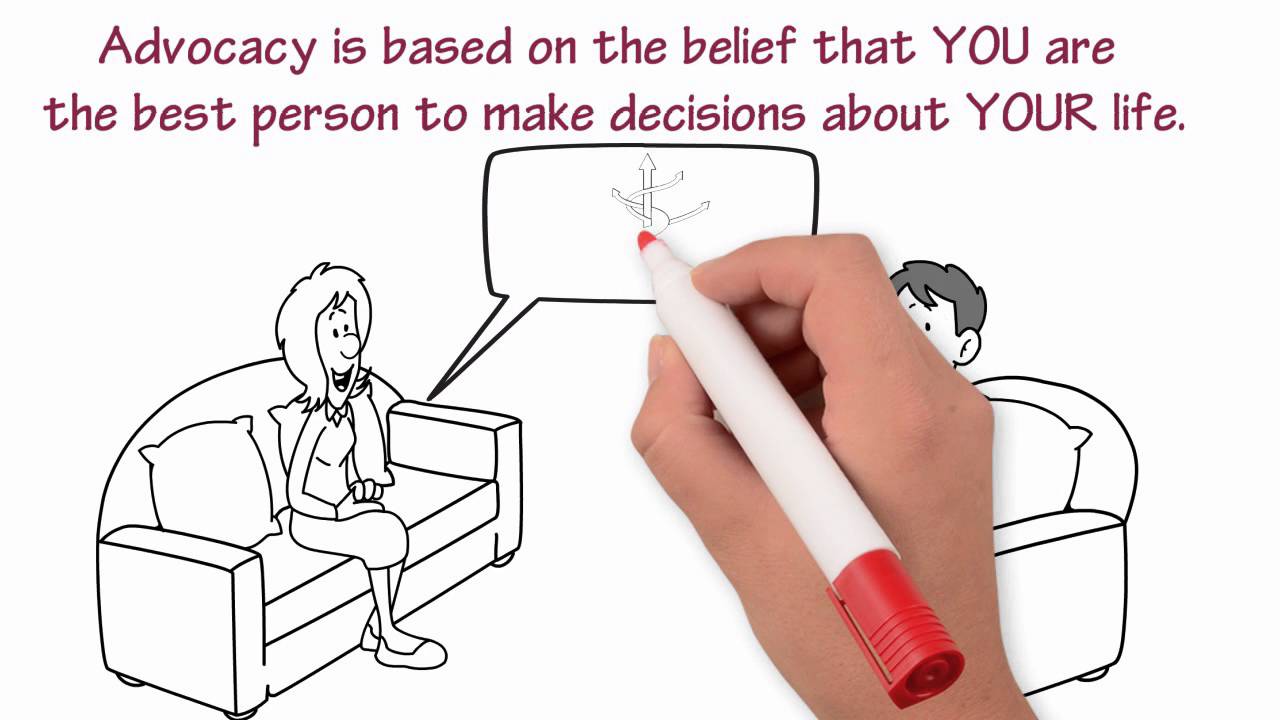In today’s world, the advocacy for legal reforms is more crucial than ever. It plays a pivotal role in tackling systemic inequities, particularly those faced by marginalized communities. Advocates work tirelessly to break down barriers in the criminal justice system, healthcare, and education, allowing everyone an equal shot at fair treatment and opportunity. As a society, we must understand that reform isn’t just a matter of policy; it’s about humanity, compassion, and dignity. Every one of us deserves a voice, and that’s where advocacy comes in.
From social movements to grassroots organizations, the journey toward justice and equality is powered by people who refuse to sit still. They’re raising awareness, educating the public, and pushing for changes that challenge the status quo. At Mothers Against Addiction, our mission closely aligns with this. We help parents whose children are battling addiction or have lost their lives to it, aiming to redefine the narrative around addiction and support those affected by it.
But how can advocacy for legal reforms truly change lives? The answer lies in understanding its multifaceted role. It’s about more than just changing laws—it’s finding community, voicing hardships, and opening doors to resources. Just like the characters in To Your Eternity, who navigate unimaginable challenges, families facing addiction can find hope and healing through collective action, understanding liability in addiction, and reaching out for help.

The Role of Advocacy for Legal Reforms in Addressing Systemic Inequities
Advocacy for legal reforms seeks to challenge ingrained injustices that permeate our communities. Systemic inequities in the realm of addiction often render parents powerless, especially when dealing with a system that frequently prioritizes punishment over rehabilitation. For instance, too many families struggle to navigate the complexities of legal frameworks without adequate support. That’s where organizations like ours step in. By educating and equipping parents with the necessary tools, they can stand up for their children’s rights.
The systemic issues aren’t just abstract ideas; they manifest in everyday realities, like when a child’s addiction is criminalized rather than treated as a health issue. Sadly, many families don’t know their rights or how to access legal resources that can help. Through advocacy for legal reforms, we aim to educate and empower these families, giving them a guiding hand as they traverse the often daunting legal landscape.
Moreover, advocacy digs deep into the roots of injustice, uprooting the causes that continue to perpetuate cycles of hardship. For example, the historical lack of mental health resources, unequal access to treatment, and harsh penalties associated with addiction have all fed a system that disproportionately punishes, rather than supports, those in need. Legal advocacy works directly against these trends, aiming to level the playing field and offer individuals a fair chance for recovery and healing.

Top 7 Movements Paving the Way in Advocacy for Legal Reforms
Launched in 2013, the BLM movement highlights systemic racism and violence while advocating for judicial accountability. Their work has led to substantial legislative reforms in various states, driving discussions on police practices and community safety.
This potent movement has transformed workplace culture by pushing for laws against sexual harassment and assault, like California’s SB 820, which cracks down on confidentiality agreements, promoting accountability and justice.
The American Civil Liberties Union (ACLU) relentlessly pursues legal reforms targeting mass incarceration, particularly racial bias. Their advocacy for bail reform in New York seeks to alleviate the disproportionate burden on economically disadvantaged individuals.
The NDWA champions the rights of domestic workers, a largely underrepresented group. Their advocacy has led to important legal protections, including minimum wage and the right to organize.
The ERA focuses on gender equity, promoting laws that defend individuals against workplace and educational discrimination. Their work directly impacts policies that safeguard survivors of domestic violence.
Initiatives like the Youth Justice Coalition empower young people to advocate for their rights. Their grassroots efforts resulted in California’s SB 1391, which prioritizes rehabilitation over punishment for juvenile offenders.
Advocacy for climate justice addresses the environmental disparities faced by underserved communities. Groups like the Sunrise Movement seek to influence legislation like the Green New Deal to ensure clean air and water access for all.

Analyzing the Impact of Advocacy for Legal Reforms on Society
The influence of advocacy for legal reforms ripples out, fostering a culture of recognition and rectification of injustices. Each movement has activated communities, drawing in diverse voices and stakeholders who engage in discussions that matter. For instance, BLM’s push for police reform has ignited conversations about resource allocation, prompting a shift in focus toward public health and education solutions.
These advocacy efforts rely heavily on data, personal stories, and community engagement. They portray legal reforms not as abstract concepts but as transformative actions that improve lives. By sharing their experiences, advocates educate the public and persuade policymakers, spotlighting the need for systemic change.
As these movements gain momentum, they cultivate a sense of belonging and hope among individuals fighting against systemic adversity. Mothers Against Addiction is proud to stand shoulder to shoulder with these champions of change. Together, we can transform the narrative about addiction, advocating for legal reforms that recognize struggling families as deserving of empathy and support.

Moving Forward: The Future of Advocacy for Legal Reforms
Looking ahead into 2024, the collaborative effort of advocacy movements shines like a beacon of hope. The dialogue around advocacy for legal reforms is vital, sparking public engagement and a commitment to further the cause of justice and equality. Every individual can contribute to this cause, empowering themselves and their communities.
Diverse voices must be amplified to sustain momentum in this fight for change. By sharing experiences and fostering dialogue, we can continue to break down barriers and pave the way for policies that support those who need it most. Each story shared is a step toward creating a world where every person feels safe and justified in accessing the support they need.
In essence, the push for legal reform transcends mere legislative change; it’s a journey to reshape societal norms, heal wounds, and build a future where every individual’s rights are celebrated and upheld. Advocacy for legal reforms is not just an abstract principle; it’s a movement grounded in compassion, resilience, and an unyielding commitment to justice.
As we take these strides forward, let us stand united in this mission, supporting one another and ensuring that no parent feels alone in their struggle. At Mothers Against Addiction, we promise to continue advocating for those who dare to fight against the odds, transforming the conversation around addiction from despair to hope, by echoing the values of justice and equality.

Advocacy for Legal Reforms: Driving Change for Justice Equality
A Shift in the Narrative
Advocacy for legal reforms isn’t just about changing laws; it’s about transforming lives. When individuals and communities rally together for legal changes, they pave the way for a more just and equitable society. An intriguing aspect of this movement is how social And cultural Topics often influence these reforms. For instance, understanding societal attitudes towards addiction can clarify why certain legal changes are necessary. Groups like Mothers Against focus on education around addiction in pop culture to spread awareness, showing how media representations can shape public perception and policy.
As advocacy efforts grow, they often catch the attention of policymakers. Believe it or not, even the sports world can reflect these changes! The recent buzz around who won The Heisman 2023 brought sports figures into the discussion of social responsibility. Athletes using their platforms to amplify the call for legal reforms exemplifies a shift where sports and activism intersect—a perfect blend for generating awareness and momentum.
The Ripple Effect of Advocacy
Did you know that the global conversation on legal reforms can be influenced by what’s happening in other parts of the world? For example, understanding the UK to Turkey time difference can highlight how advocacy can cross borders, facilitating a dialogue around addiction and legal reform internationally. Advocates learn from each other’s successes and setbacks, creating a network of support that’s vital for systemic changes.
Engagement in advocacy also taps into various cultural narratives. Films, literature, and even iconic characters can contribute to how society understands addiction. Take, for instance, the discussion surrounding Russian Lolita and how pop culture can mirror societal struggles, influencing public sentiment about these issues. By advocating for legal reforms, communities challenge existing frameworks and advocate for a system that better supports recovery and justice—ultimately reshaping lives for the better.
A Collective Responsibility
The road to significant legal changes isn’t always straightforward, but it’s a journey that everyone can be a part of. Hard work and persistence are critical, and many advocates are former victims of the system. They stand up and raise their voices, appealing for empathy rather than mere punitive measures. As we move forward, it’s crucial to remember that advocacy for legal reforms requires ongoing support and community engagement. Every effort matters, whether raising awareness of addiction, sharing stories, or participating in local initiatives.
Just like the anticipation for To Your Eternity Season 3, where fans await each episode to unveil new twists, the anticipation for legislative changes can also drive communities to action. By staying informed, participating in discussions, and using our voices, we can inspire real, tangible change in the system. Let’s continue to advocate for a legal landscape that not only supports recovery but also offers justice for all.

How do I advocate for policy reform?
To advocate for policy reform, start by researching the issues and understanding the laws that need change. Gather support from your community and engage with legislators by sharing your thoughts and experiences. Use social media, write letters, or host meetings to raise awareness and push for the needed changes.
What is a legal advocacy?
Legal advocacy means helping people understand and navigate the justice system. It involves educating victims about their rights, assisting them in making informed decisions about legal processes, and helping them access the legal system effectively.
What is an example of a legal reform?
An example of legal reform is the Federal Rules of Civil Procedure, which were reformed in 1938 to streamline how federal courts handle civil cases. This change allowed federal courts to adopt standardized procedures instead of following state rules, making the process more efficient.
Which of the following is essential to the success of law reform efforts?
Advocacy is essential to the success of law reform efforts because it ensures that the voices of underserved populations are heard and helps build the necessary support for legislative changes.
What is an example of a policy advocate?
A policy advocate is someone who works to promote and influence specific policy changes, often by conducting research, lobbying decision-makers, and mobilizing community support around key issues.
How do I write a policy advocacy letter?
To write a policy advocacy letter, start with a clear introduction stating your purpose. Share personal stories or data that highlight the issue, explain why change is needed, and then make a specific request. End with a polite closing that encourages follow-up.
What are the three golden rules of advocacy?
The three golden rules of advocacy are to listen first, be clear about your message, and build relationships with those who can help influence change.
What are examples of advocacy?
Examples of advocacy include organizing campaigns to raise awareness, meeting with lawmakers to discuss legislation, and providing support to individuals navigating the legal system.
What is a legal advocate called?
A legal advocate can be called a lawyer, attorney, or legal representative, depending on the specific context and the services they provide.
What are the methods of legal empowerment?
Methods of legal empowerment include providing legal education, offering resources for self-representation, and connecting individuals with legal aid services to support their rights.
What are some examples of reform efforts?
Some examples of reform efforts are changing drug laws, increasing access to healthcare, and implementing policies for better mental health support.
What does reformed mean in law?
Reformed in law means that a law or legal system has been improved or updated to better serve justice, often through changes that make it fairer and more effective.
What is the most effective way to change a law?
The most effective way to change a law is through grassroots organizing, gathering public support, engaging with lawmakers, and presenting clear evidence and arguments for why the change is necessary.
What are the 5 objectives of the reform movement?
The five objectives of the reform movement typically include enhancing access to justice, ensuring fairness and equity, improving legal processes, advocating for accountability in the legal system, and increasing community involvement in legal matters.
Which activity would an organization focused on law reform conduct?
An organization focused on law reform might conduct activities like research and analysis of laws, public awareness campaigns, direct lobbying of policymakers, or providing support and resources to individuals affected by the laws.
What does a policy advocate do?
A policy advocate works to influence decision-makers and public opinion on specific issues, often using evidence-based arguments to push for legislative changes that align with their goals.
How do I advocate for policy change in healthcare?
To advocate for policy change in healthcare, start by identifying the specific issue you want to address. Gather data and stories that highlight the problem, connect with like-minded organizations, and approach legislators with a clear plan and solutions to advocate for better policies.
What does it mean to reform a policy?
Reforming a policy means making changes to improve its effectiveness, fairness, or alignment with current needs, ensuring that it better serves the population it’s meant to protect or benefit.
How to be an advocate for change?
To be an advocate for change, educate yourself about the issues you care about, connect with others who share your passion, and use your voice in communities and with lawmakers to push for the changes you believe in.




























